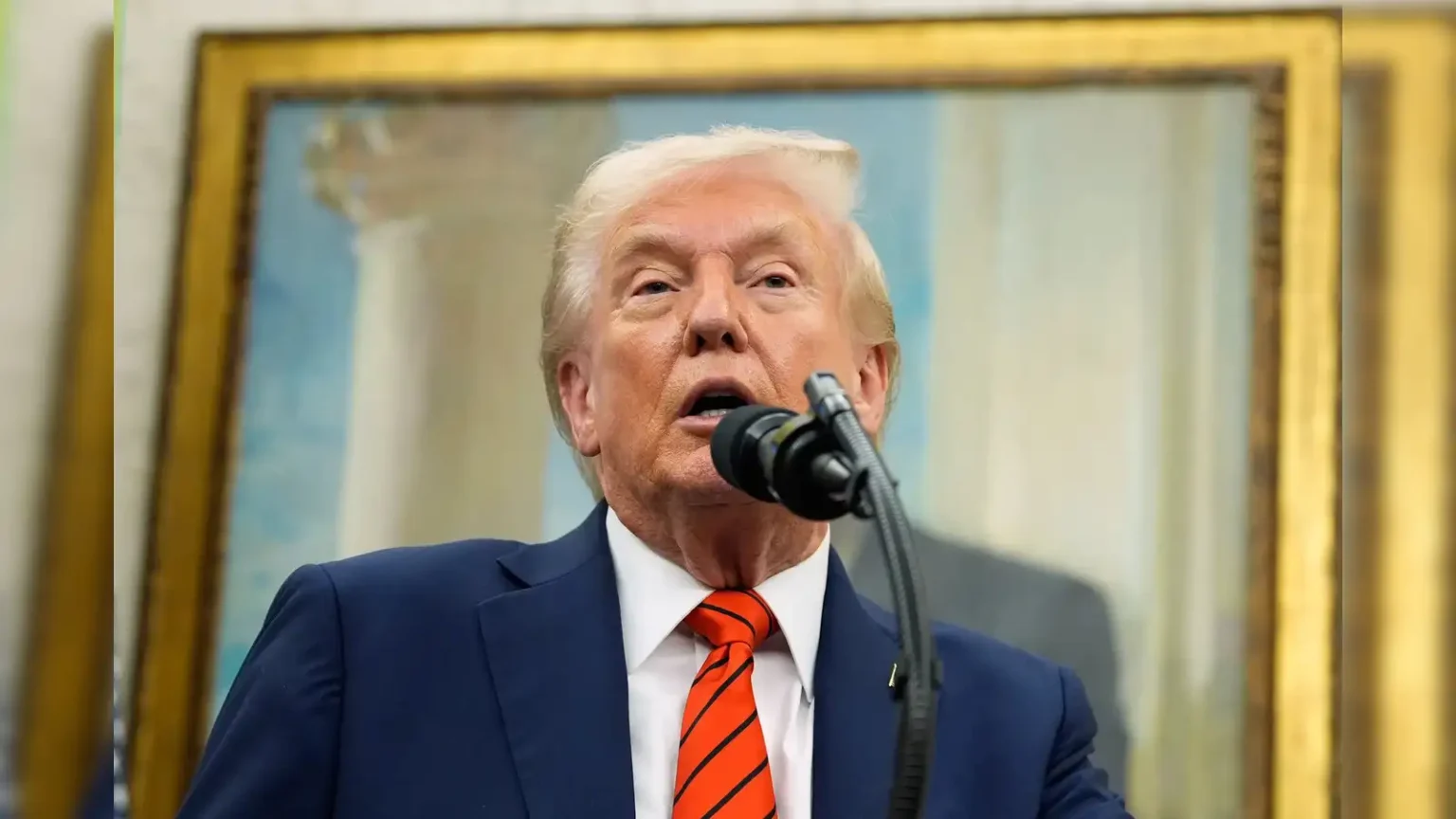Good at Solving Wars: Donald Trump, the 45th President of the United States, made headlines once again with a bold statement: “I am good at solving wars.” This declaration is consistent with the persona he has built over decades—a business tycoon turned political leader confident in his ability to negotiate, strategize, and influence outcomes on a global scale. For many, this statement reflects Trump’s unshakable self-belief and his approach to diplomacy and conflict resolution.
Trump’s Approach to Diplomacy
Trump’s claim, “I am good at solving wars,” is rooted in his unique approach to diplomacy. Unlike traditional political leaders, he emphasizes direct negotiation, unconventional tactics, and personal involvement in discussions that many might avoid. Trump’s style has often been described as transactional—he believes that every negotiation is an opportunity to create a win-win scenario. This philosophy underpins his claim of being adept at resolving conflicts and navigating complex geopolitical landscapes.

Lessons from Past Conflicts
Throughout his presidency, Trump pointed to several international situations where he believed his intervention led to positive outcomes. His supporters argue that his hands-on approach to conflict resolution—from Middle East negotiations to trade disputes—demonstrates that he genuinely believes in his ability to influence peace processes. The statement “I am good at solving wars” captures his confidence in translating experience in business deals to global matters, where stakes are incredibly high and outcomes are scrutinized worldwide.
The Power of Confidence in Leadership
Confidence is a critical component of leadership, especially in times of conflict. Trump’s assertion, “I am good at solving wars,” reflects his belief that decisive and bold leaders can alter the course of events that others deem impossible to influence. By projecting self-assurance, he aims to instill trust in allies, command respect from adversaries, and create the perception that complex issues are manageable under his guidance. Whether one agrees with his methods or not, his unwavering confidence is central to his persona.
Challenges of Conflict Resolution
While Trump emphasizes his capability with the words, “I am good at solving wars,” the reality of international diplomacy is highly complex. Solving wars involves multiple stakeholders, historical grievances, economic interests, and cultural considerations. Critics argue that oversimplifying these conflicts could undermine credibility, while supporters maintain that a strong, assertive personality is exactly what is needed to achieve breakthroughs where traditional diplomacy fails.
Impact on Global Perception
Trump’s public assertion about being effective in war resolutions affects how other nations perceive the United States. By confidently stating, “I am good at solving wars,” he positions himself as a decisive leader whose actions matter on the world stage. This perception can have far-reaching implications, influencing negotiation dynamics, strategic alliances, and even military planning. Confidence, whether symbolic or practical, becomes a tool in international relations.
The Human Side of Leadership
Beyond political strategy, the phrase “I am good at solving wars” also humanizes Trump in the eyes of some supporters. It portrays him not just as a politician but as a problem solver willing to take responsibility during crises. Leadership, in this context, is not only about policy or power—it is about showing determination, courage, and resilience in challenging circumstances. This human aspect resonates with audiences who value strength and decisiveness.
The Future of Conflict Resolution
As Trump continues to participate in political discourse and influence public opinion, his statement, “I am good at solving wars,” serves as a reminder of his self-perceived role in shaping global events. Whether or not his methods align with conventional strategies, his approach challenges traditional ideas about negotiation and diplomacy. For followers and critics alike, it sparks conversation about the qualities that define effective leadership in times of crisis.
Conclusion
“I am good at solving wars” is more than a statement; it is a reflection of Trump’s identity as a bold, confident, and assertive leader. While opinions vary on his methods and impact, the declaration encapsulates his approach to challenges—direct, unapologetic, and unwavering. In a world where conflict is inevitable, Trump’s confidence underscores the human desire for leaders who claim they can make a difference and are willing to act decisively when others hesitate.
Do follow us: Instagram
Read More: Campaign to Educate Youth: 5 Shocking Crime Facts



